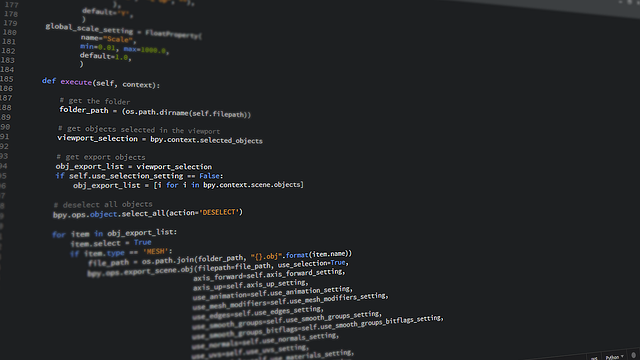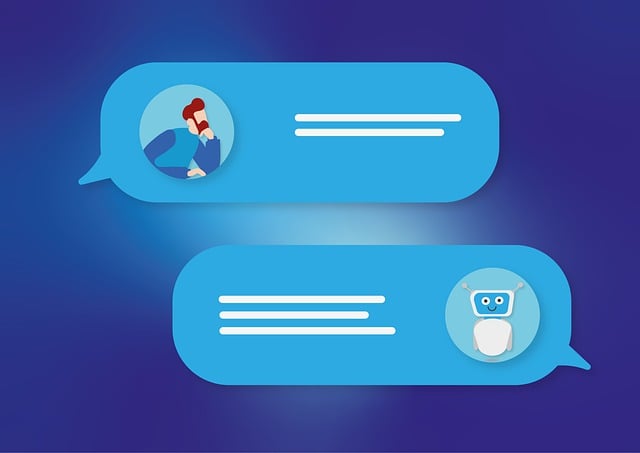In one of our first articles, we mentioned how Python is the #1 programming language we use at Visian Systems. Not only it has simple and quick-to-learn syntax, but Python also has one of the largest libraries of frameworks and other toolkits to help its coders. So we thought about recommend a few of the Python tools we have used the most in our projects.
For today’s article, we are going to list a couple of libraries for data science, framework and QA tools, all based in Python. You can help us to expand our list later in the comments. We believe you’ll find our suggestions useful for improving your skills as a coder or helping your company in its projects.
Python Tool #1: Django Framework
We are starting out with our first choice when comes to Python frameworks. Django has become one of the most popular frameworks for web development. The framework is all based on the Don’t Repeat Yourself (DRY) principle. It states you have to eliminate duplication by using abstraction. For this reason, Django is a great choice to avoid redundancies while being very scalable and flexible.
Others Django features are URL routing, object-relational mapper, authentication support and database migration schemes. Django is also highly compatible with different databases such as MySQL, PostgreSQL, SQLite and Oracle. Not only that but due to its features you can easily change from one database to another without spending too much time and effort.
Django is perfect for several types of web development projects. Nowadays, developers also use Django for applications involving AI, machine learning and also big data.
Python Tool #2: Selenium
Testing is a big and vital part of web development. Happily, Python has excellent tools to help developers write scripts for tests. For that matter, Selenium is a great choice. It is an open-source automation framework developed to validate web application features supporting any browser or platform.
This is what makes Selenium most appealing for coders. It allows QAs and developers in general to automate tasks in different web browsers with the use of specific drivers. You can optimize your test process with no trouble and can even write scripts in different languages. Besides Python, Selenium also supports Java, C#, PHP, Ruby, and a few other programming languages.
It’s very easy to install and download drives for the Selenium framework. You can test your application in major operating systems like Linux, Windows or macOS.
Python Tool #3: PyTorch
As we mentioned, Python can be used for data science and machine learning so now we’d like to recommend PyTorch. It is one of the largest libraries available in the fields of machine learning, deep learning and neural networks.
Originally it was implemented with C and Lua. But with the inclusion of Python, PyTorch became one of the most popular sources for the research and development of applications with advanced technologies.
PyTorch is built to provide flexibility and speed for its developers, offering support for GPU acceleration and the development of neural networks on autograd systems. And now you can have hybrid interfaces for the front end of your projects that run in both Python and C++.
Python Tool #4: Robot Framework
Robot is another Python open-source framework built to assist test automation. Although not as popular as the Selenium framework, Robot has a public API well-maintained in its GitHub repository. This offers great support and gives more assurance to its user base.
An appealing aspect of this framework is that you can use it not only for web application testing but also for mobile test automation. Robot Framework supports both iOS and Android devices. And in terms of testing, you can use the framework for acceptance testing, acceptance test-driven development (known as TDD), and robotic process automation. You can write tests based on behaviour, data or even keyword-driven.
Python Tool #5: TensorFlow
We recommended PyTorch first, but when it comes to using Python for data science TensorFlow usually is the #1 choice. Developed by Google, TensorFlow is the ideal framework to run high-performance calculations involving tensors. These are generalizations of vectors and matrices described as multidimensional arrays.
TensorFlow covers the development and training of AI in both machine learning and deep learning models. Since it is maintained by Google itself, you can count on an extensive library of features and the quickest performance in the market. Moreover, it has and having a large community of contributors to give support for new users.
Python Tool #6: Flask
Flask is a tool we try to push as an alternative framework. Although we find Django a more complete framework, Flask has a modular design that is easier to adapt. Because of that, it’s a good choice for beginners to develop web applications.
Among its features, Flask comes with Google App Engine compatibility and RESTful request dispatching to receive requests from any client and send them several resources. It also supports unit testing and has built-in debugger features.
So if you are looking for a solution for small projects that runs robust applications with simplicity and speed, Flask is a viable option.
Conclusion
As we always mention, when it comes to coding Python continues to be our first choice for most of our projects. Not only for its excellent and simple syntax, but because of all the libraries, frameworks, toolkits, etc we can find available for this language across the web.
Today we recommended six of the best, and our favourite choices, Python tools. We select the list thinking in how you can use them for your projects and we hope you find our list helpful. If you had good experiences with other Python tools, please, let us know in the comments below or send us a message on our Contact us page. You can also contact us on our website. Thanks for your reading!








Leave a Reply